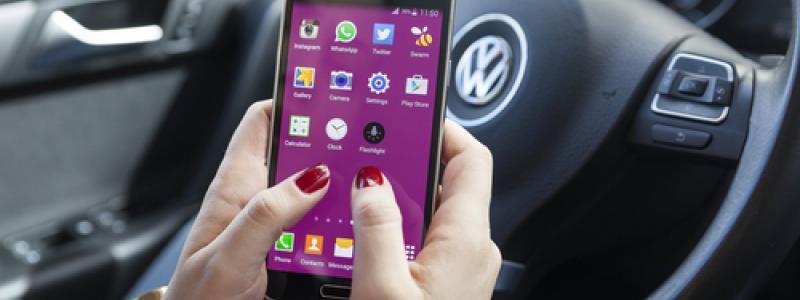Should Android Users Be Worried About WannaCry?

Over 300,000 computers in more than a hundred countries around the world have been affected by the WannaCry cyberattack. For those not familiar with WannaCry, it works by exploiting outdated versions of Windows, especially those that never got updated with relatively recently rolled out security patches from Microsoft.
So if WannaCry can victimize Windows users, is there a chance that it could affect Android users as well? Despite the fact that Google had already deployed Android 7.0 Nougat since August of last year, it is worth noting that according to the latest estimates, just a little more than 7 percent of the 1 billion Android users across the globe have been updated to the latest version of the Android mobile operating system. To date, almost one third of Android users still use Android KitKat or an older version.
But fortunately for the most widely used mobile platform in the world, Android is built differently, at least compared to Microsoft’s Windows. Moreover, Google has dramatically improved its update frequency. The problem with those affected by WannaCry was that the PCs were running on Windows XP, a Windows version that Microsoft has stopped supporting with updates since a couple of years ago.
Another reason why Android users should not be too worried revolves around the motivation of the WannaCry cyberattack in the first place. Wannacry is a form of ransomware, and it was not surprising that it targeted computers used in hospitals, banking institutions, and business establishments. In other words, the vulnerable machines were mostly used by entities with lots of money, and may be more willing to pay if their system is held hostage, at least when compared to the average Android user.
Also, one reason why WannaCry spread so quickly is because it took advantage of a standard sharing tool Server Message Block. If all computers connected to a single network use this tool and got hit with WannaCry, it is a good bet that all machines will get infected. Android mobile devices are also considered connected machines, but they are connected online by way of the mobile service provided by wireless carriers, not a computer network.
Still, it is good to exercise some caution and some common sense. If you hear about a family member or a friend whose device got infected with WannaCry, it is best not to accept any file sent by that device to your phone.
Related Blog Articles
- AMP Now Covers More Than 2 Billion Mobile Pages Over 900,000 Domains
- Updates On DHS Ban On Laptops From European Flights
- The Today At Apple Concept: How Apple Is Looking Ahead
- Instagram Introduces Story Search
- Republican Party: Robocalls Should Go Directly To Voicemail
- Study: Instagram Is Worst Social Media Platform For Mental Health
- Are We Likely To Make More Rational Decisions While Using Phones As Compared To Using PCs?
- No Laptop Ban On Flights From Europe
- Phablets Really Are The Future Of Smartphones
- The Voiceitt App: Helping The Speech-Impaired Use Voice-Controlled Tech
Related Blog Posts
- Caller ID feature coming to all devices with Google’s Phone app
- Caller ID feature coming to all devices with Google’s Phone app
- Here are the devices that LG will update once it stops its mobile business
- Apple & Google’s Exposure Notification Technology for COVID-19 is ready for use
- Steam to launch apps for streaming videos and games to Android and iOS devices


 Menu
Menu